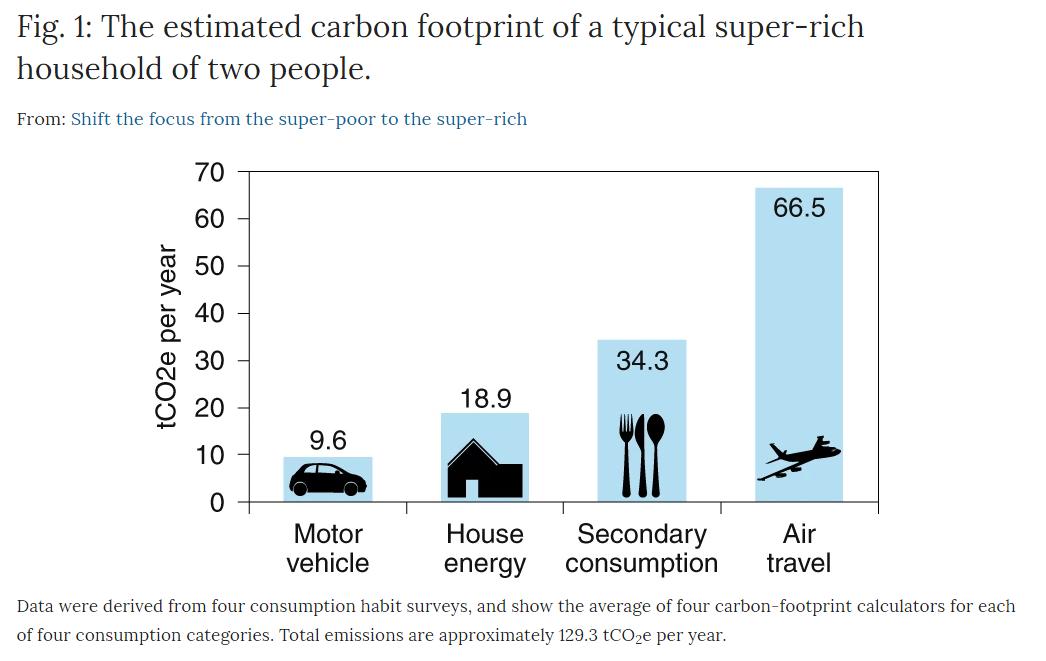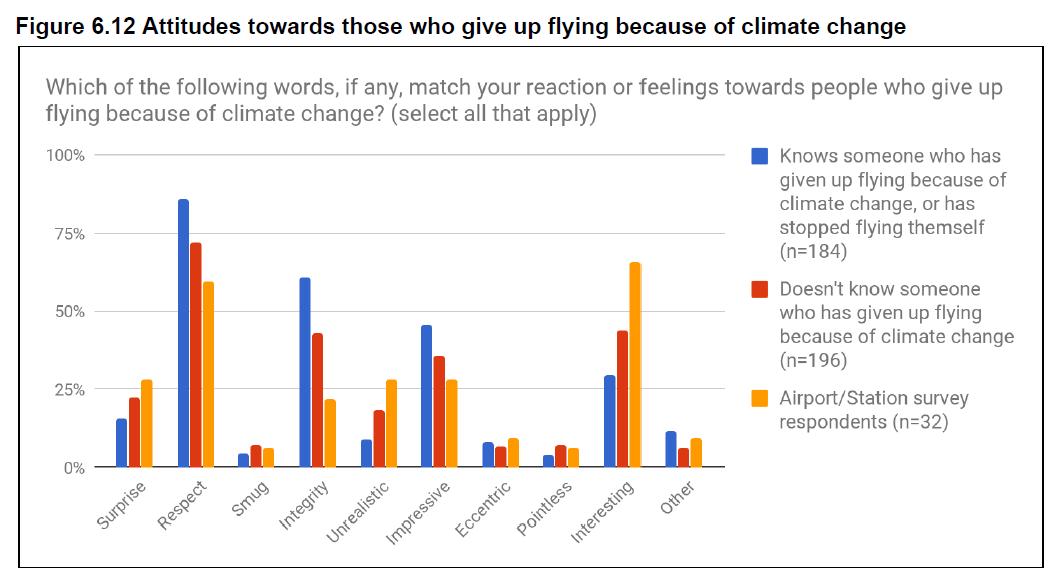
At Cardiff University researching the effects of leading by example with low-carbon behaviour. Particular interest in politicians, celebrities & CEOs.
How to get URL link on X (Twitter) App

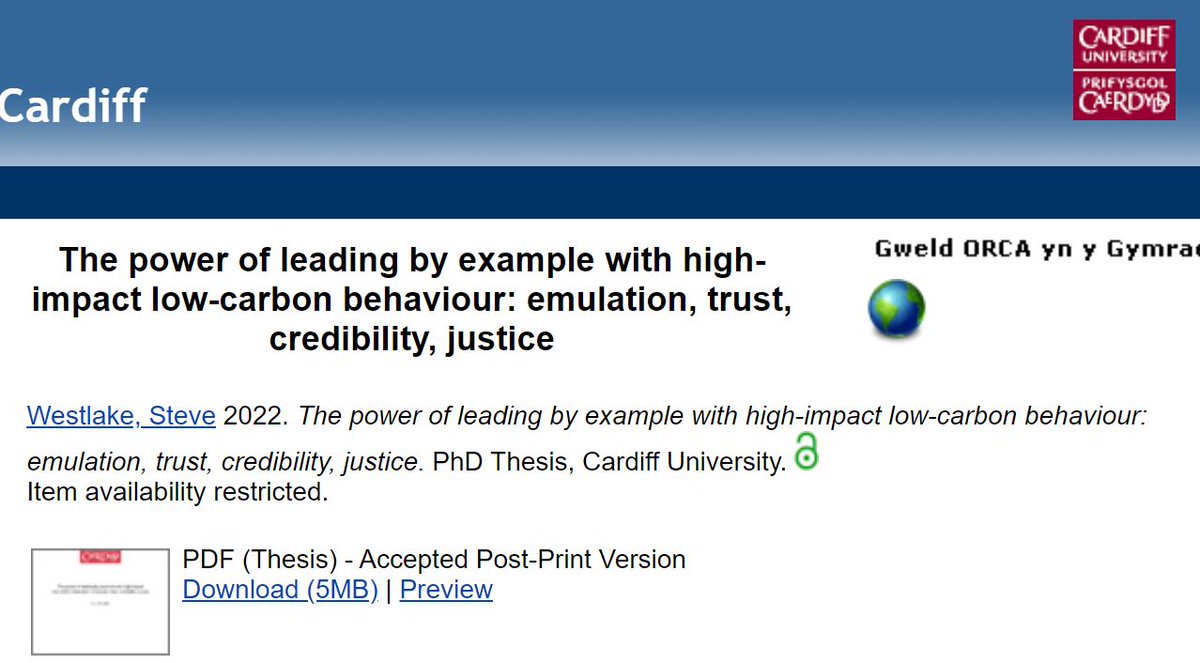
 My research shows:
My research shows: 
 ➡️Leading by example increases a sense of collective effort on climate
➡️Leading by example increases a sense of collective effort on climate


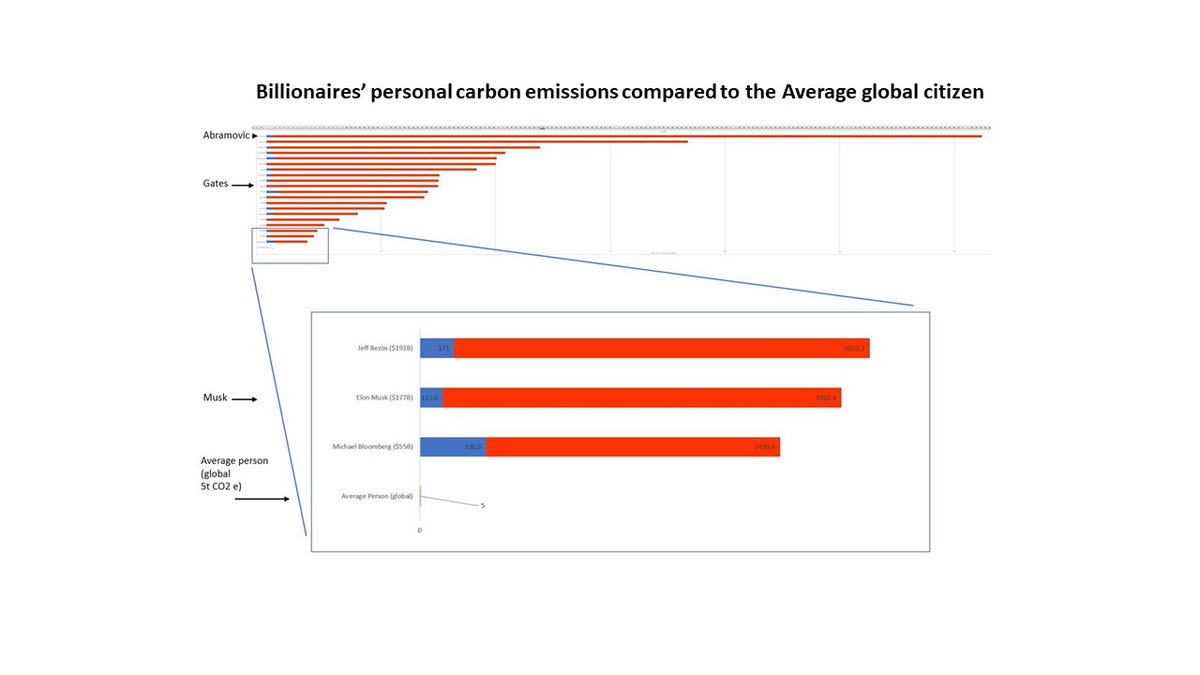



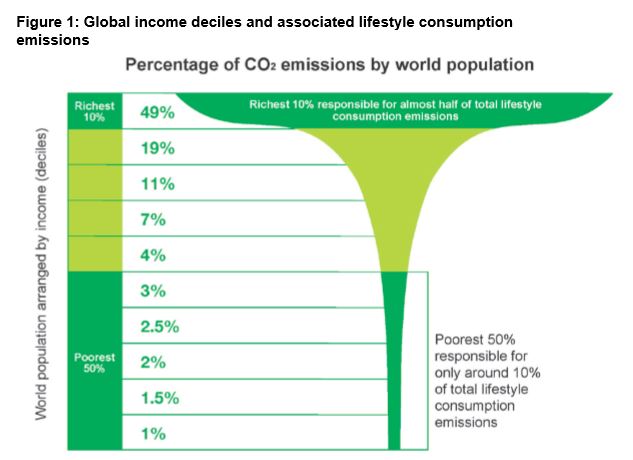 Sources: first bar charts from here (&adapted)
Sources: first bar charts from here (&adapted)
https://twitter.com/BBCNewsnight/status/1424851658207551494For those already heavily committed to climate action and desperate for #COP26 to be a success, this might seem like a delayer's question, individualising climate change. But if setting an example at the national level is important, it is important at an individual level too.

https://twitter.com/StuartBCapstick/status/1364864422129336320

 Equity and fairness are said to be essential parts of tackling the environmental crises, so this matters.
Equity and fairness are said to be essential parts of tackling the environmental crises, so this matters.
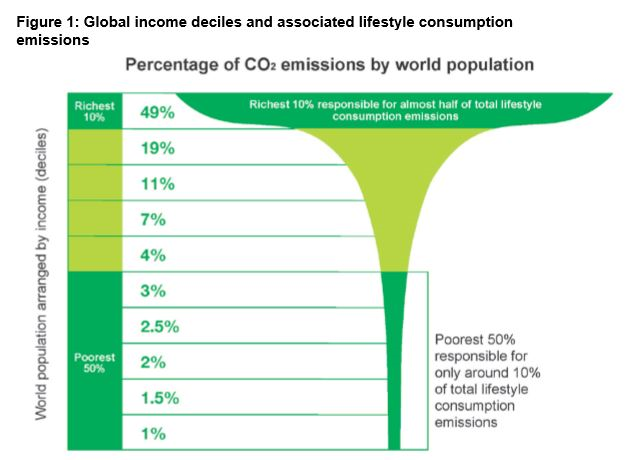
https://twitter.com/Shell/status/1323184318735360001?s=20Because “consumers” are not some horizontal mass of equal beings. The disparities between the biggest and the smallest carbon footprints are absolutely vast.


 There were tears. On the street below local people cried as they cut the neighbouring tree first. My tears came at 2pm when the chainsaws backed away and I thought we may have won, but I was mistaken… 2/
There were tears. On the street below local people cried as they cut the neighbouring tree first. My tears came at 2pm when the chainsaws backed away and I thought we may have won, but I was mistaken… 2/https://twitter.com/nspugh/status/1236605654518894594?s=20
